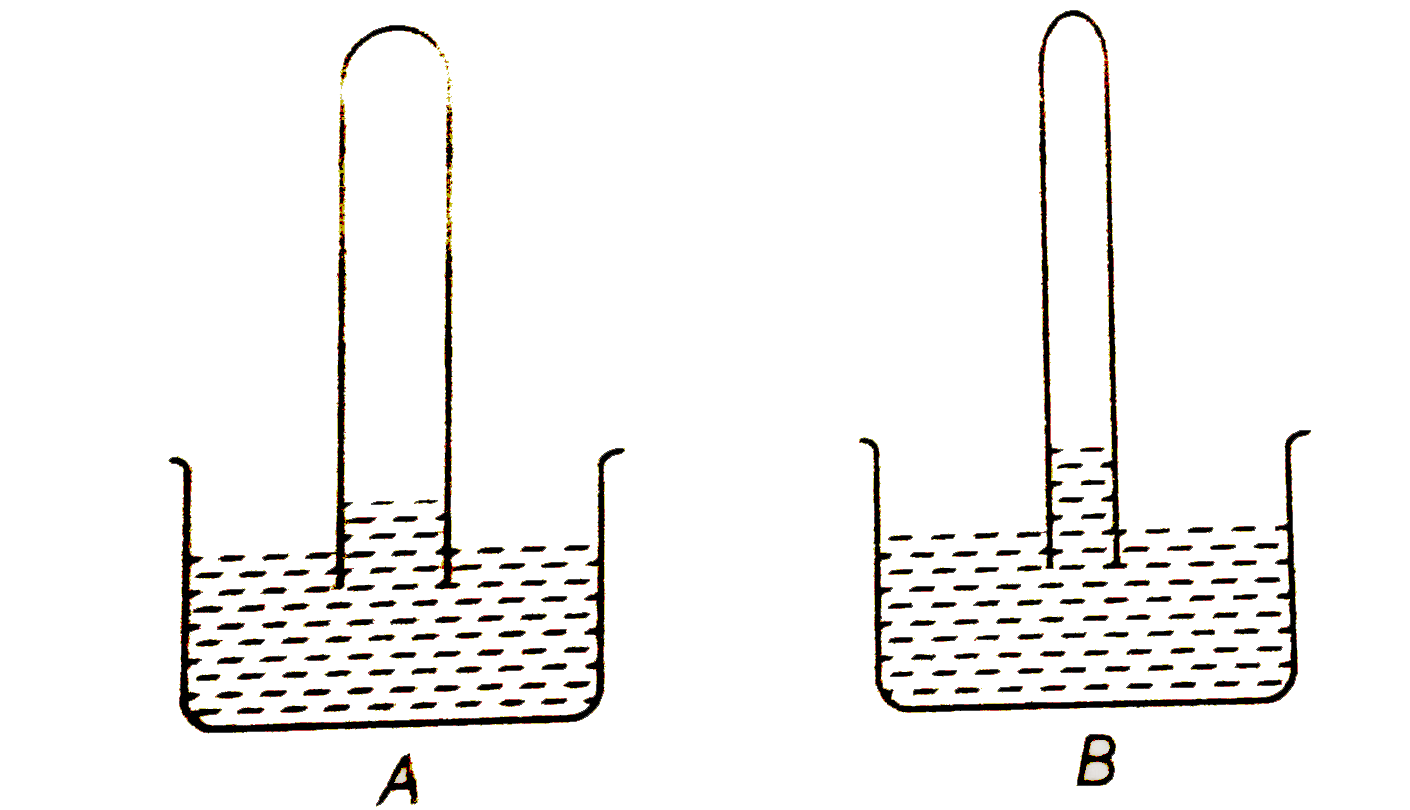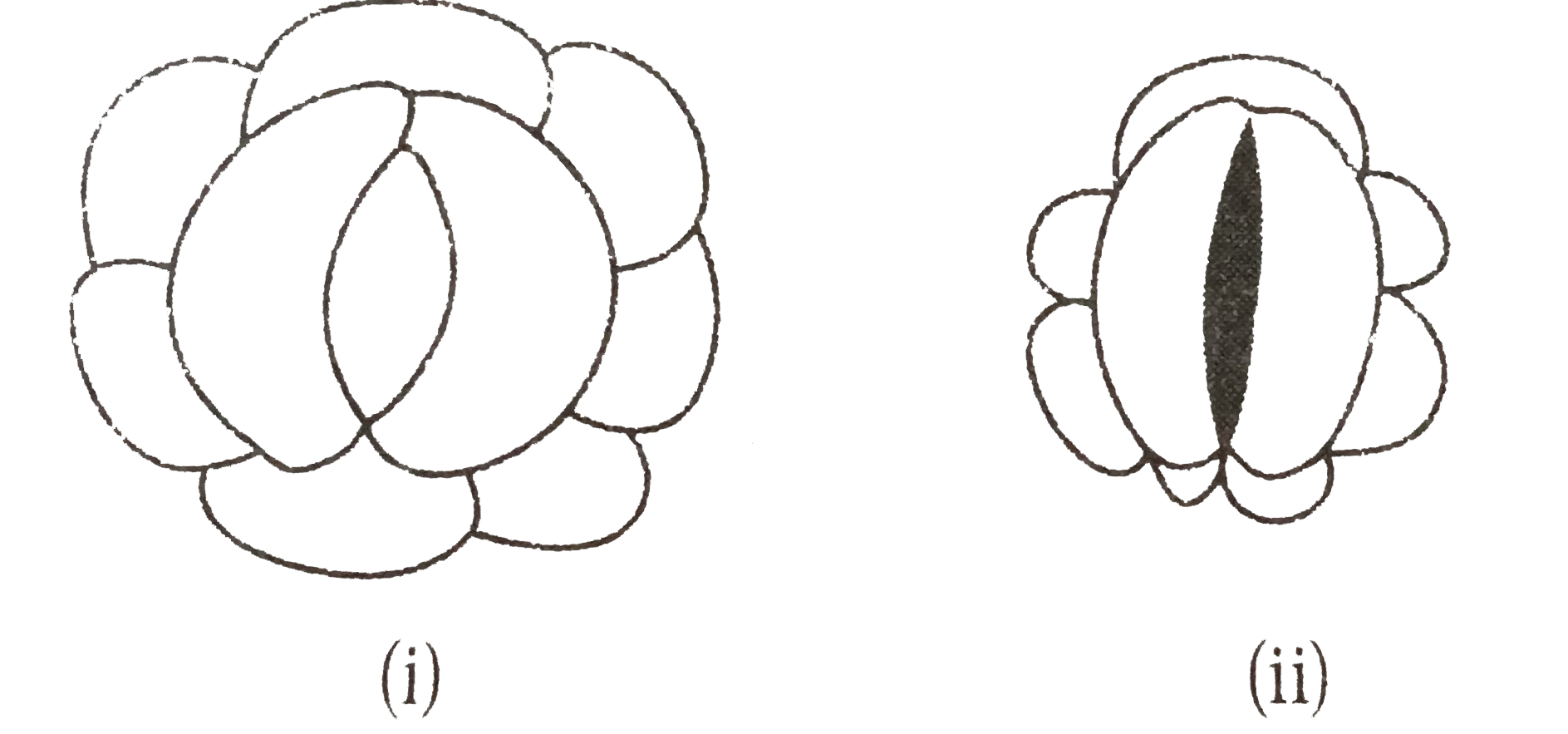Complete Solutions to Short Answer Type Questions of chapter TRANSPORT IN PLANTS of Class 11 book with complete answers and questions
| Class 11 | BIOLOGY |
| Chapter | TRANSPORT IN PLANTS |
| NCERT EXEMPLAR | Short Answer Type Questions |
| Number Of Questions | 25 |
| Academic Year | 2023-24 |
Minerals absorbed by the roots travel up the xylem. How do they reach the parts where they are needed most ? Do all the parts of the plant get the same amount of the minerals ?
View SolutionIf one wants to find minerals and in the form they are mobilised in the plant, how will an analysis of the exudate help ?
View SolutionFrom you kowledge of physiology can you think of some method of increasing the life of cut plants in a vase ?
View SolutionDo different species of plant a growing in the same area show the same rate of tranpiration at a particular time ? Justify your answer.
View SolutionWater is indispensable for life. What properties of water make it useful for all biological on the earth ?
View SolutionHow is it that the intracellular level of `K^(+)` are higher than extracellular levels in animal cells ?
View SolutionCut pieces of beetroot do not leave the colour in cold water but do so in hot water. Explain.
View SolutionIn a girdled plant, when water is supplied to the leaves above the girdle, leaves may remain green for sometime then wilt and ultimately die. What does it indicate ?
View SolutionVarous types of transport mechanisms are needed to fulfil the mineral requirement of a plant. Why are they not fulfilled by diffusion alone?
View SolutionHow can plants be grown in limited water supply without compromising on metabolic activities ?
View SolutionWill the ascent of sap be possible without the cohesion and adhesion of the water molecules ? Explain.
View SolutionKeep some freshly cut flowers in a solution of food colour. Wait for sometime for the days to rise in the flower, when the stem, of the flower is held up in light, coloured strands can be seen inside. Can this experiment demonstrate which tissue is conducting water up the stem ?
View SolutionWhen a freshly collected Spirogyra filament is kept in a 10 % potassium nitrate solution, it is observed that the protoplasm shrinks in size
(a) What is this phenomenon called ?
(b) What will happen if the filament is replaced in distilled water ?
View SolutionSugar crystals do not dissolve easily in ice cold water. Explain.
View SolutionSalt is applied to tennis lawns to kill weeds. How does salting tennis lawns help in killing of weeds without affecting the grass ?
View SolutionWhat is the chemical composition of of xylem and phloem sap ?
View SolutionIf you are provided with two tubes (A and B), where one is narrow and the other is relatively wider and if both are immersed in a beaker containing water as shown in the figure.

Why does B show higher water rise than A ?
View SolutionWhat are 'aquaporins' ? How does presence of aquaporins affect osmosis ?
View SolutionABA (Abscisic Acid) is called a stress hormone.
A. How this hormone overcome stress conditions ?
B. From where where does this hormone get released in leaves ?
View SolutionWe know that plants are harmed by excess water. But plants survive under flooded condition. How are they able to manage excess water ?
View SolutionDifferentiate between diffusion and translocation in plants.
View SolutionHow is fcilitated diffusion different from diffusion ?
View SolutionExplain the mass flow hypothesis of transport in phloem.
View SolutionObserve the diagram and answer the following.

(a) Are these types of guard cells found in monocots or dicots ?
(b) Which of these shows a higher water content (i) or (ii) ?
(c) Which element plays an important role in the opening and closing of stomata ?
View SolutionDefine uniport, symport and antiport. Do they require energy ?
View Solution
Short Answer Type Questions questions and complete solutions for chapter TRANSPORT IN PLANTS of NCERT BIOLOGY (ENGLISH) of Class 11